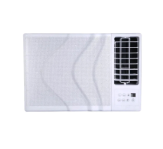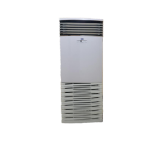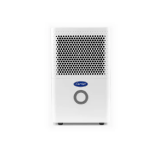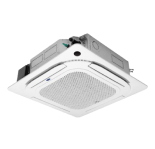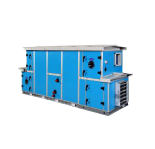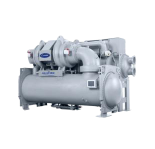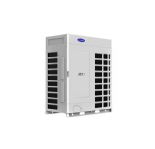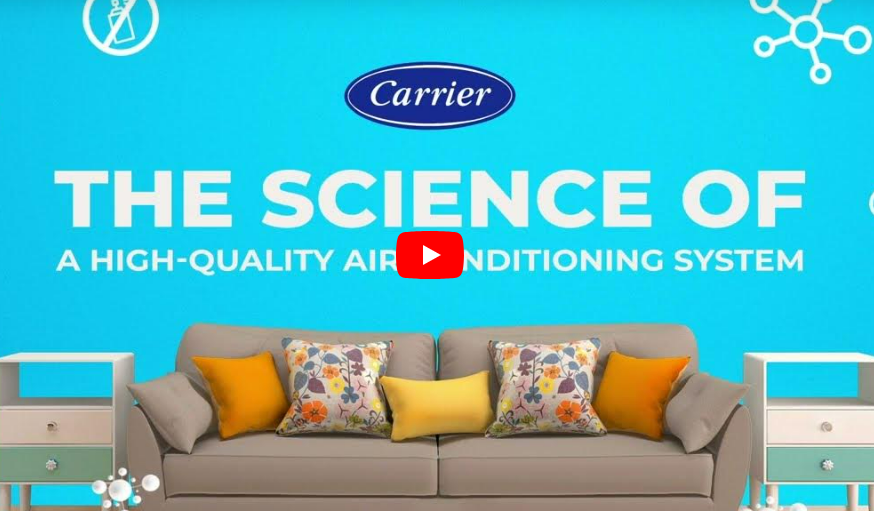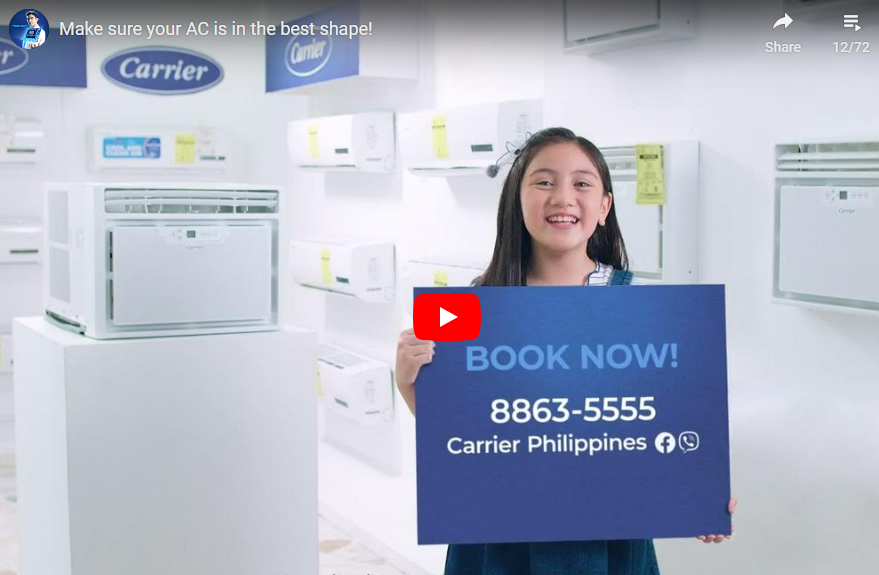This means an inverter AC doesn’t have to turn off. Instead, it can slow down its compressor’s speed once the AC reaches the desired temperature. The main takeaway from this is that inverter ACs save energy and can help you save on electricity costs in the long run.
Pros
1. They’re more energy efficient.
As just mentioned, the compressors of inverter ACs can function at variable speed settings and that allows the AC to stay in a lower-power mode without turning off completely. Staying on in a low-power setting is still more energy efficient than frequently turning on and off, so inverter ACs make great choices for offices and other places that keep the AC on for 8 or more hours at a time. Even if you don’t need to keep the AC on for that long, you can still enjoy the same energy efficiency.
2. They can cool rooms more quickly.
The ability to vary compressor speeds also allows inverter ACs to cool rooms more quickly, as it can adjust to fit the room’s temperature requirements.
3. They’re quieter.
Able to use less power overall and not needing to switch on constantly, you won’t get the same, frequent, loud start-up sounds non-inverter ACs are known for.
4. They’re more environmentally-friendly.
Maybe it would be more accurate to call them less environmentally-damaging, but the technology in inverter ACs allow them to reduce their carbon dioxide emissions. Their compressors also use ozone-friendly refrigerants such as R410a and R32; refrigerants that renowned name-brands Panasonic and Daikin use for their own, newly-developed models.
Cons
1. They have a high entry cost.
From the get-go, inverter ACs definitely cost more than non-inverter ACs, especially with their extra features. However, the trade-off is the lower energy costs, which can pay off over time.
2. They cost a lot to repair.
Unlike non-inverter ACs, inverter ACs have a lot of complex, interconnected components that make it both difficult to find and install replacement parts. Sometimes, it might even be more cost-effective to replace your AC entirely if it gets damaged (and hopefully such an occurrence is covered by your warranty). Of course, since they require more technical expertise to repair or install, you’ll need professional HVAC technicians to do the job.

